Septic Service for Reliable Waste Management
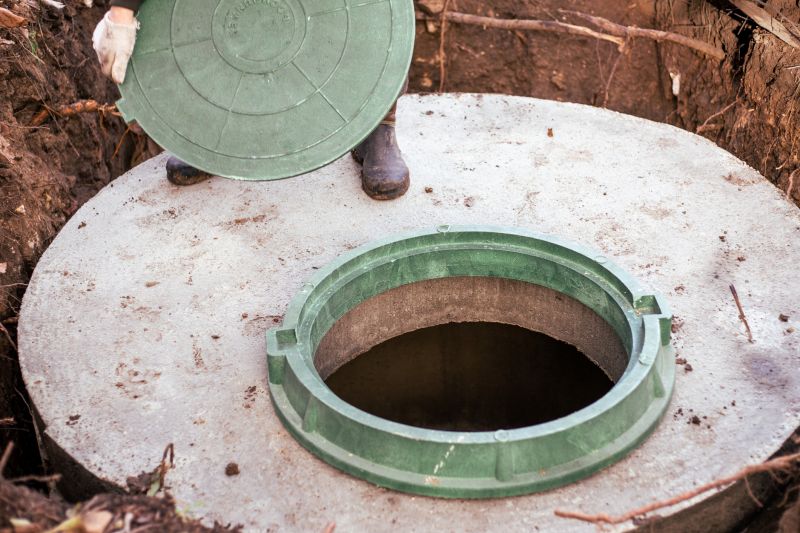
Regular inspections help identify potential issues early and ensure proper functioning.
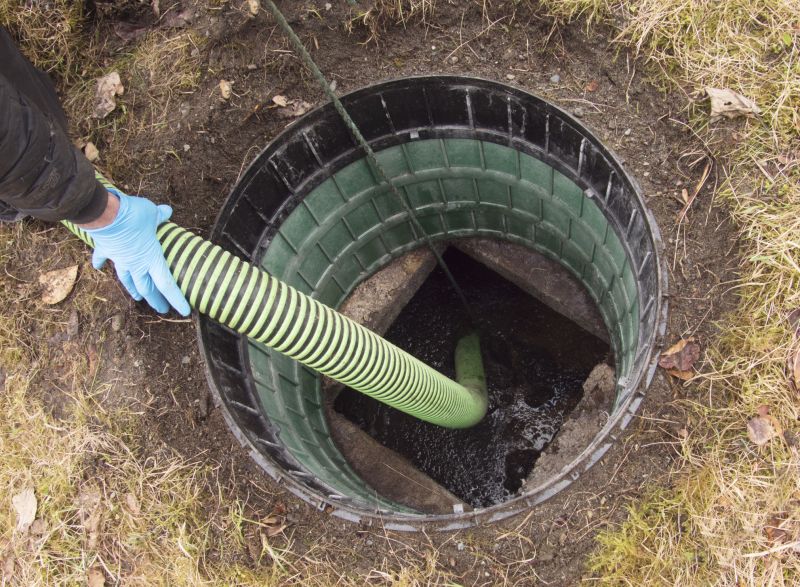
Routine pumping prevents backups and prolongs the lifespan of the septic system.
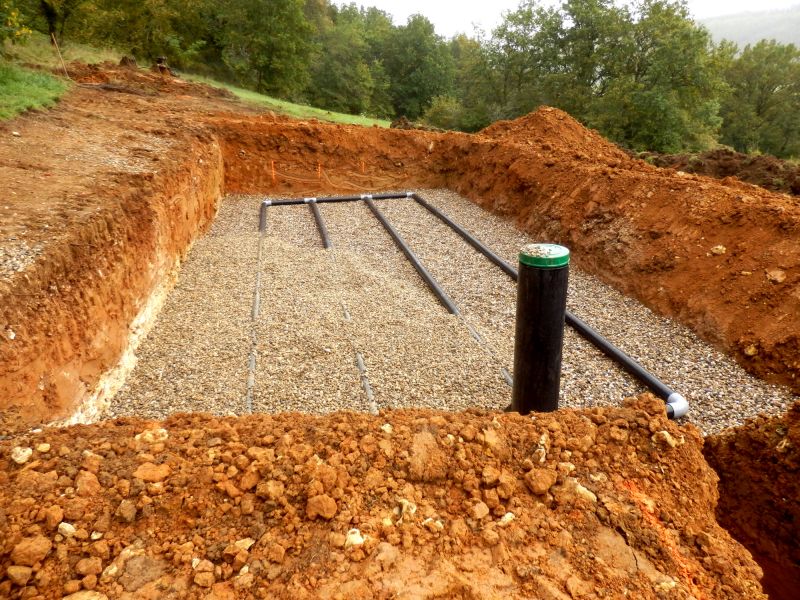
Checking the drain field ensures proper absorption and prevents system failure.
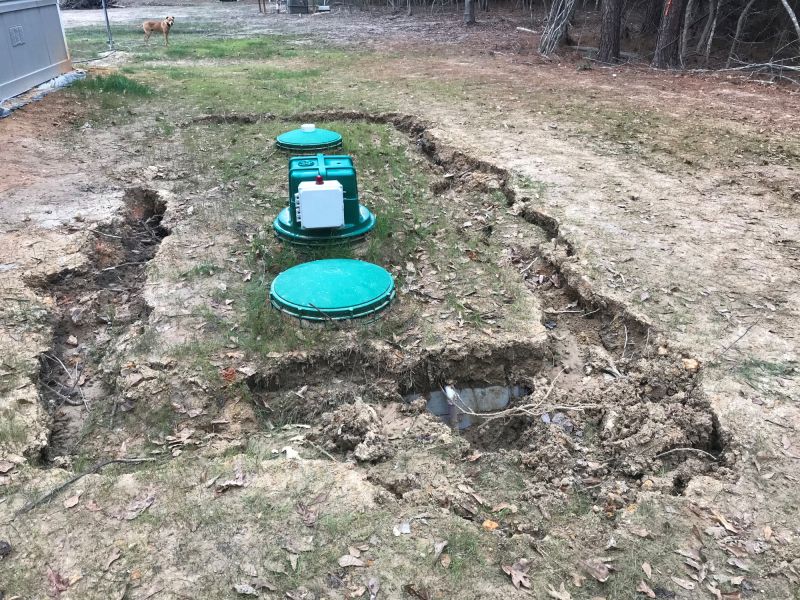
Ways to make Septic Service work in tight or awkward layouts.
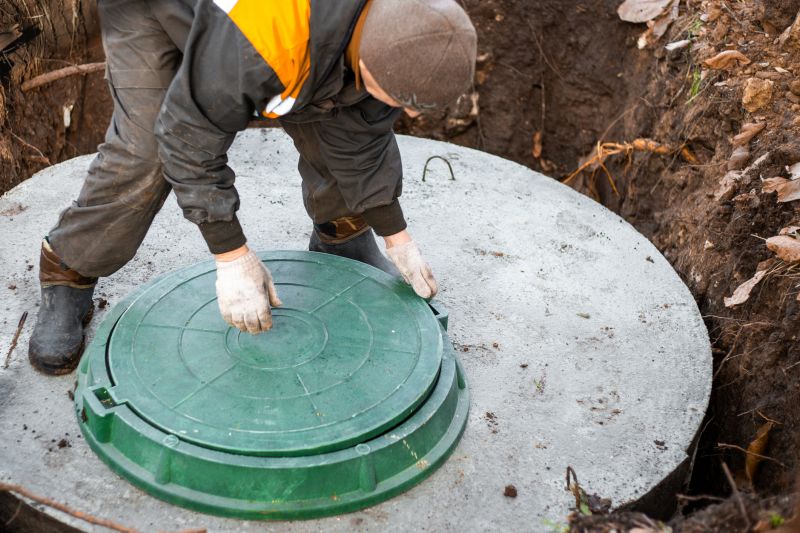
Popular materials for Septic Service and why they hold up over time.
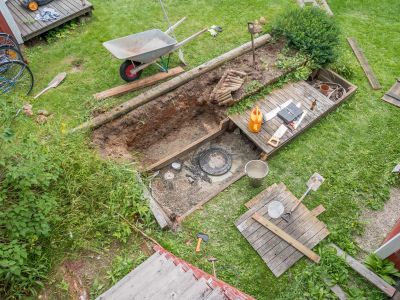
Simple add-ons that improve Septic Service without blowing the budget.
Septic service involves maintaining and repairing septic systems to ensure efficient waste management. Proper scheduling can prevent costly repairs and environmental issues. Regular maintenance includes pumping, inspections, and system components checkups. Statistics indicate that neglecting septic maintenance can lead to system failure, which may result in significant property damage and health hazards.
The optimal time for septic service varies based on usage, system size, and environmental factors. Typically, it is recommended to have a professional inspection and pumping every three to five years. However, high-usage households or systems in areas with high water tables may require more frequent attention. Seasonal considerations, such as avoiding service during winter freeze conditions, can also influence scheduling.
Spring is ideal for septic service after winter to prepare the system for the increased usage in warmer months.
Fall inspections help identify issues before heavy winter use and prevent system freezing or backup.
Scheduling outside peak seasons can ensure timely service and avoid delays during busy periods.
After any construction or landscaping, septic systems should be inspected to prevent future problems.
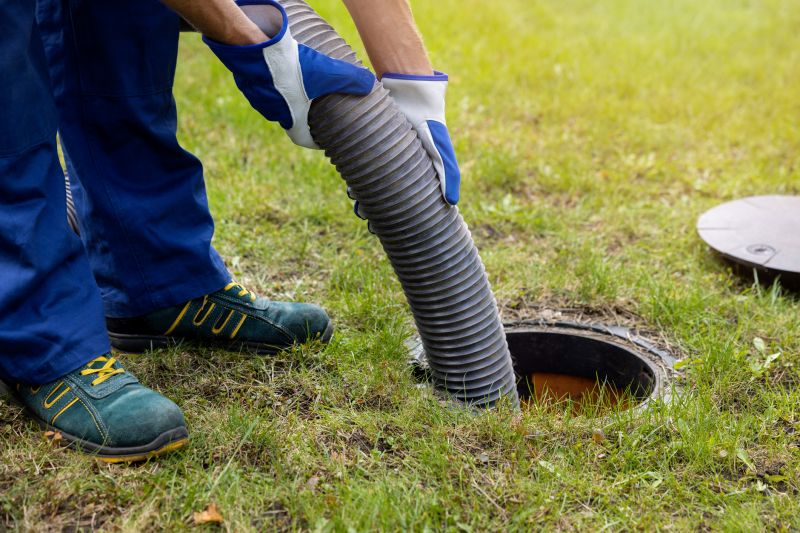
Removing accumulated sludge to prevent system overload.
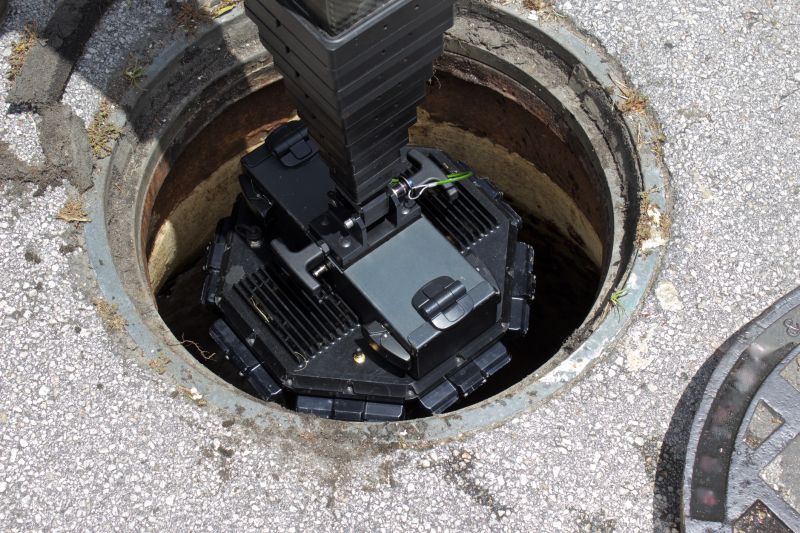
Tools used for evaluating tank conditions and detecting leaks.

Ensuring proper soil absorption and preventing blockages.
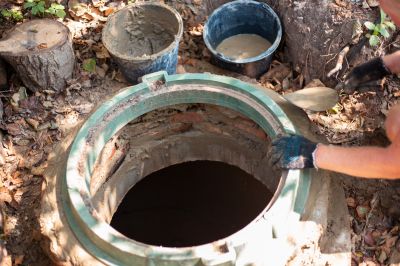
Understanding the parts of a septic system aids in maintenance.
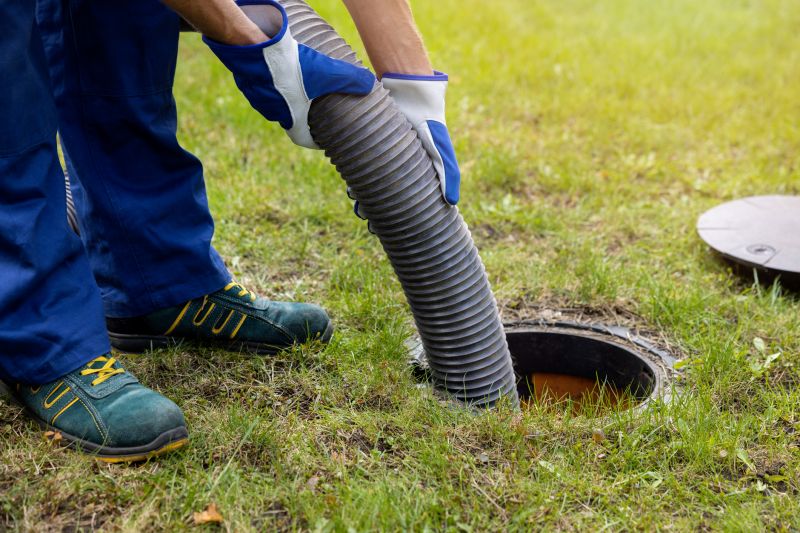
Adjusting maintenance routines based on seasonal conditions.
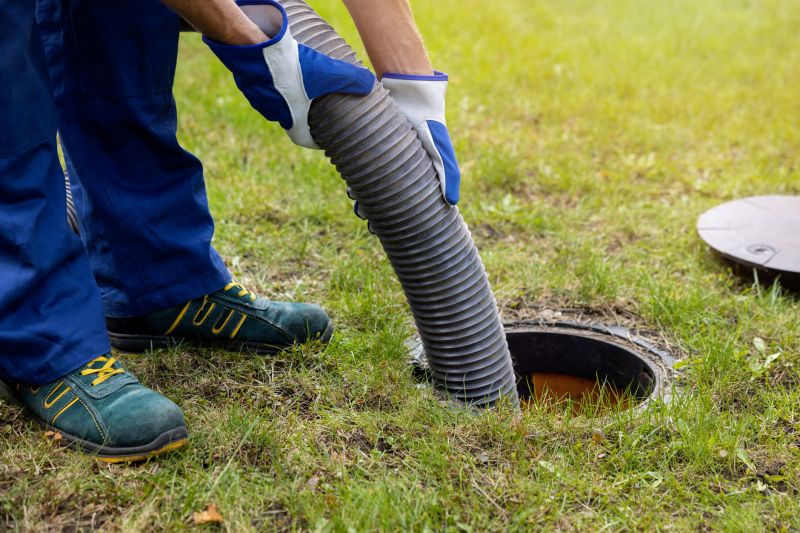
Addressing issues promptly to avoid costly replacements.
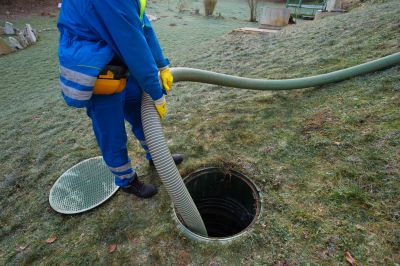
Proper septic maintenance reduces potential contamination.
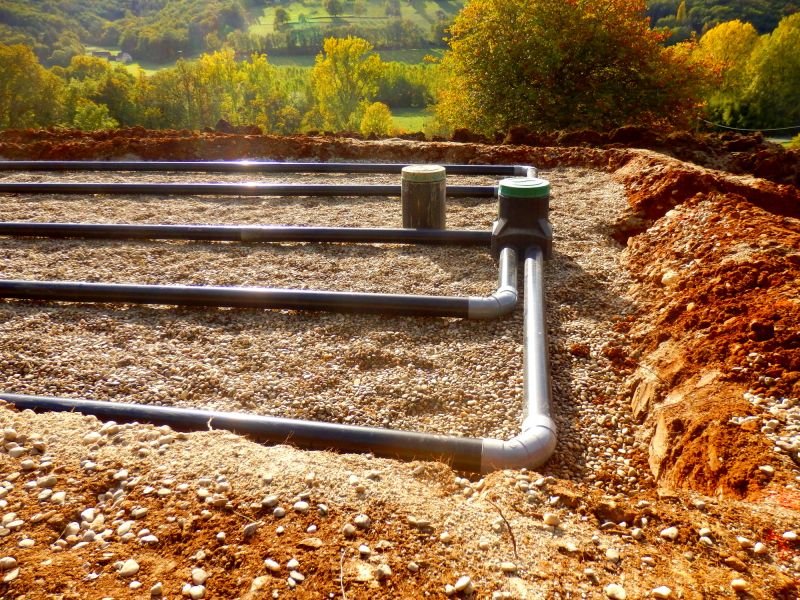
Understanding different system configurations helps in proper maintenance.

Expertise ensures thorough and effective maintenance routines.
| Season | Recommended Septic Service Activities |
|---|---|
| Spring | Inspection and pumping after winter; drain field check. |
| Summer | Monitor for odors or backups; schedule maintenance if needed. |
| Fall | Inspection before winter; check for leaks and drain field health. |
| Winter | Minimize activity; avoid service during freezing conditions. |
| Post-Construction | Inspect after landscaping or construction work. |
| High Usage Periods | Additional pumping or inspection during holidays or gatherings. |
| High Water Table Areas | More frequent maintenance to prevent system failure. |
| After System Repairs | Ensure proper functioning post-repair or upgrade. |
Proper timing for septic service depends on usage patterns, environmental conditions, and system type. Regular maintenance can extend the lifespan of a septic system and prevent costly failures. Scheduling during favorable weather conditions, such as avoiding winter freeze periods, ensures safer and more effective service. Consulting with a septic professional can help determine the best schedule tailored to individual needs.
Interested in septic service for a property in Fremont, CA? Filling out the contact form can provide more information and help schedule routine maintenance or urgent repairs. Regular service ensures the longevity and proper functioning of septic systems, supporting health and safety standards.

